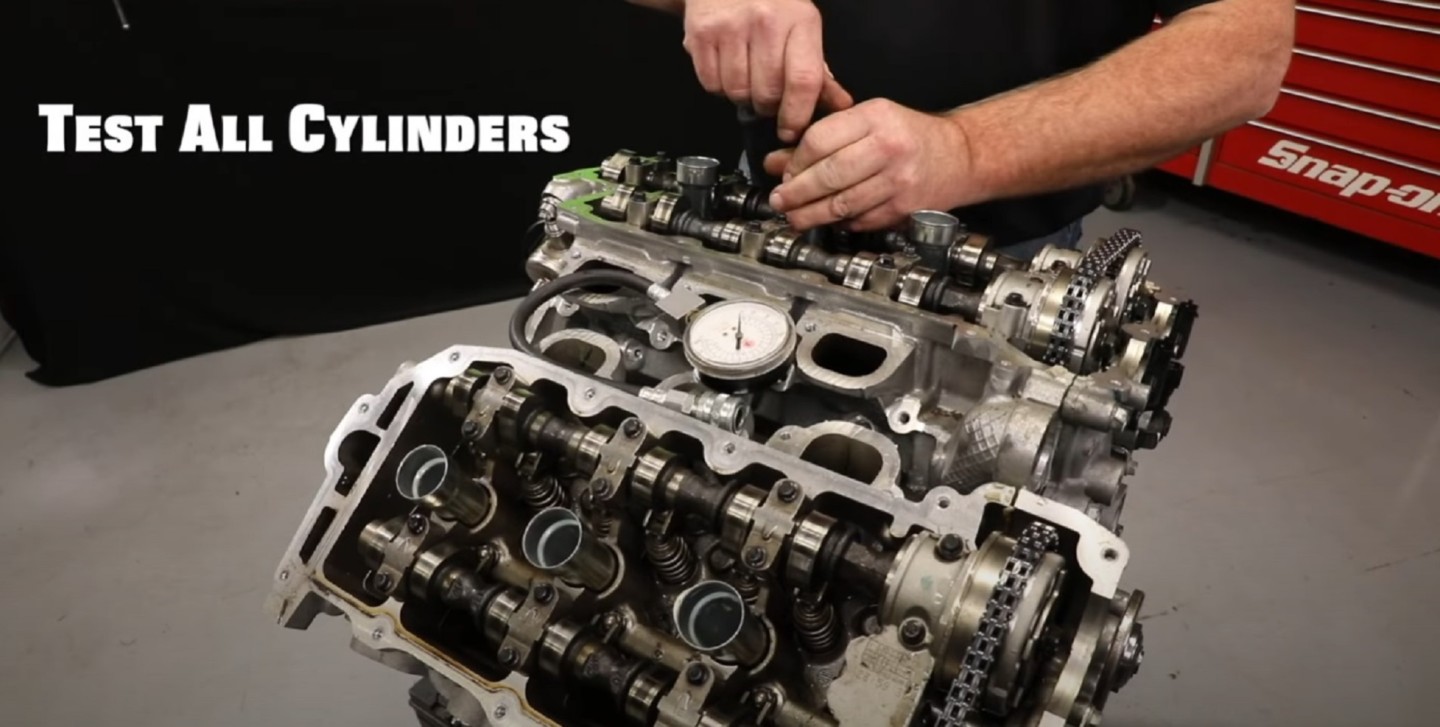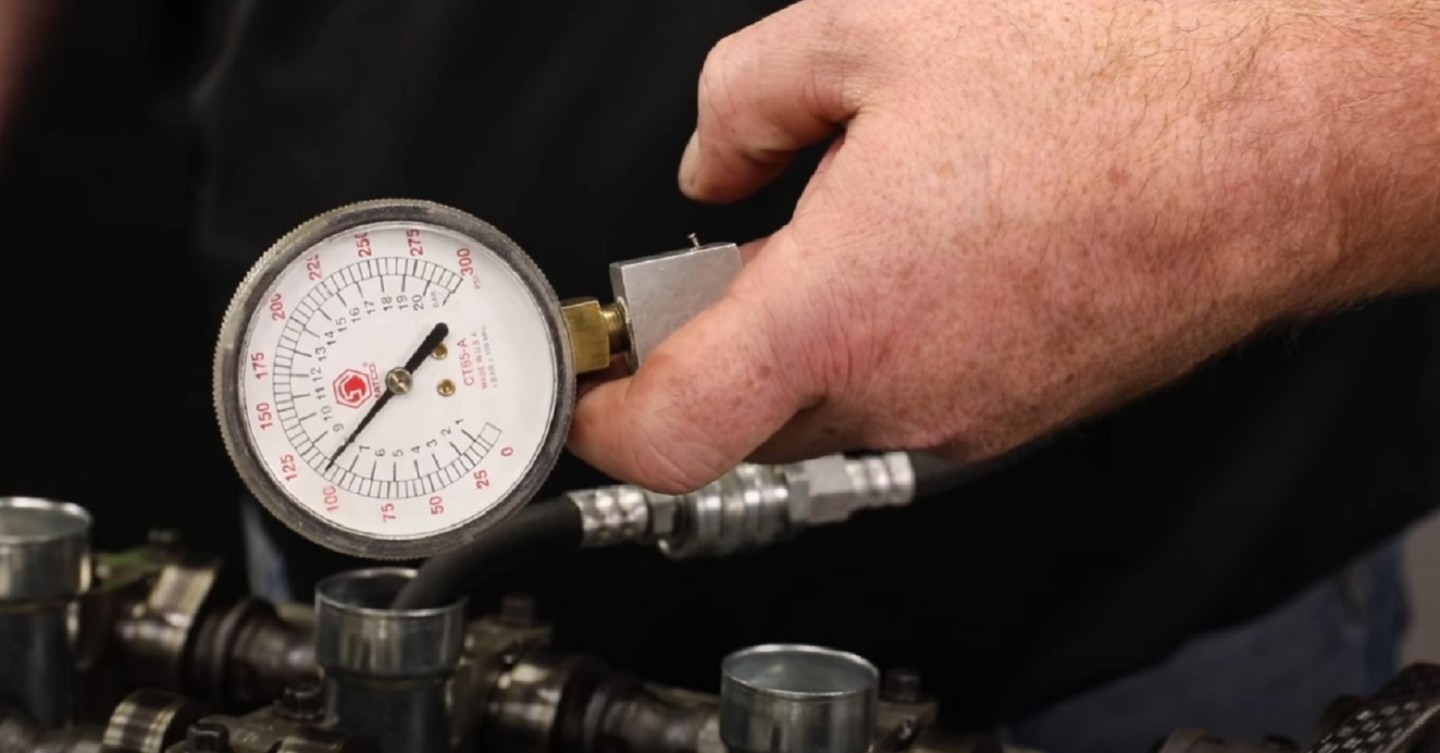By this point, Melling Engine Parts has been supplying mechanics and automotive enthusiasts with both OEM spec and aftermarket performance parts for over 75 years.
Regardless as to whether you are maintaining the engine that came in your car, seriously contemplating swapping in another engine, or piecing together a Frankenstein build of some sort, knowing precisely what condition that powerplant is in should always be the first step.
If you plan on conducting your own engine “health check-up” at home, we strongly suggest that you take look at the embedded video below, as Melling’s top technical director has put together an informative overview of what all goes into measuring an engine’s health.
It doesn’t matter if you are stuffing a “gently used” V8 inside a Geo Metro, or replacing your stock engine’s oil pump, timing chain/belt, piston rings, or some other internal component. If you want to avoid expensive fixes down the line, now is the time to diagnose your engine’s overall health.
Melling suggests that you always start off with an engine oil pressure test, as the presence of a low, yet a tad too hot idle pressure reading could spell that there’s something fishy going on below the surface. Maintaining a healthy oil volume is vital to an engine’s ability to function and cool itself, so any “internal bleeding” should definitely raise some red flags.
While internal engine wear is the first culprit that Melling singles out during the engine’s “physical” in the video, it is worth mentioning that things like faulty or clogged oil sending units can also be to blame for this phenomenon. Either way, a decrease in valve train lubrication, and hydraulic timing tensioner oil starvation are only going to cause headaches to arise down the road. So even if that pressure seems a smidge low and temps are a tad toasty, it’s better to crack open that engine and determine what’s wrong than hope that it will all be alright in the end.
If everything appears to be on point in the oil pressure department, then it’s time to give the engine a full-blown compression test, with every cylinder returning no less than a 100 PSI rating, or less than 70% of any other cylinder. Melling suggests that worn piston rings, inadequate valve seating issues, and improper timing should be the first culprits to consider before moving on to less likely (and more expensive) fixes.
Melling says that a cylinder leak-down test on a healthy used engine should result in all cylinders boasting less than 15% leak-down returns, and no more than a 5% leak-down between each cylinder. Anything above these thresholds could mean that your engine is running on bent valves due to timing failure, the aforementioned compromised piston ring fiasco, valve face seating problems, or some combination of all of the above.
Another health check-up Melling conducts as standard procedure, is the act of cutting into the used oil filter. While a quality magnetic oil pan drain bolt eliminates the need to hack-up the engine’s oil filter to check for engine metal debris, buying a used engine does not always guarantee that you’ll find one of these inexpensive bolt-ons installed, at which point you will need to crack that oil filter open.
Speaking of oil filters, pulling a modern engine’s variable valve timing solenoids is another great way to make sure that your engine hasn’t experienced a massive contamination meltdown. The presence of excessive metal debris build-up means that the oil filter has been bypassed entirely, and that the junk that should have been absorbed by the filter has been spewed throughout the engine.
Once all that is done, and one (or any combo) of the above has materialized, it’s time to crack open the engine and start inspecting internals, at which point it no longer is about about measuring an engine’s overall health, but conducting open heart surgery.
This is why we suggest that you contact Melling Engine Parts via its online tech help center, or by calling 517-787-8172, Ext. 2601 for a quick chat about your engine’s issues. Chances are they will be able to help answer your questions, and help you find the right aftermarket Melling part for your engine.



















